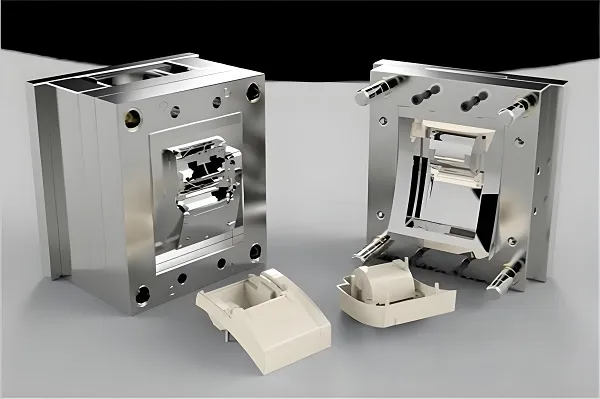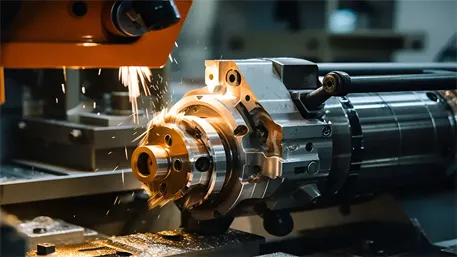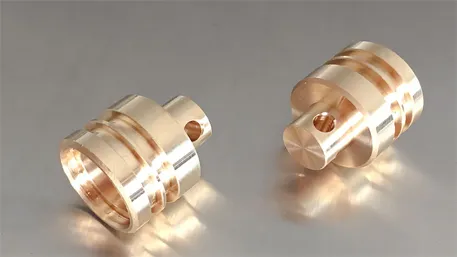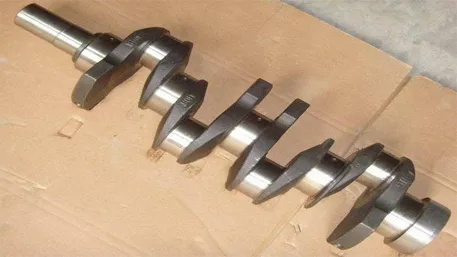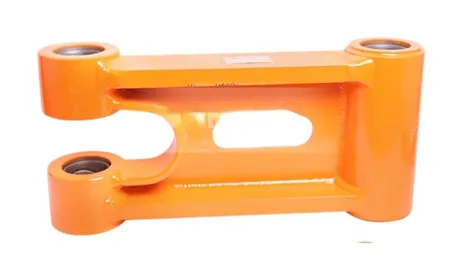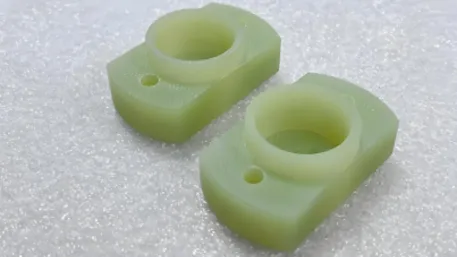Industrial plastic drums, with their excellent corrosion resistance, lightweight nature, chemical stability, and customization flexibility, have become the core packaging carriers for the storage and transportation of liquid and solid materials in industries such as chemicals, food, pharmaceuticals, and agriculture. Through precise matching of material properties with application scenarios, customized processing technologies have constructed a full-process solution from design selection to delivery.
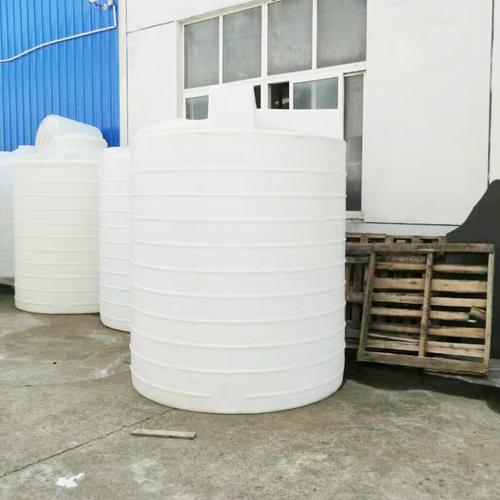
I. Core Material Properties and Application Advantages
(A) Comparison of Mainstream Material Properties
| Material Type | Density (g/cm³) | Temperature Range (°C) | Core Advantages | Typical Certifications |
|---|---|---|---|---|
| High-Density Polyethylene (HDPE) | 0.941 – 0.965 | -40 to 60 | Acid and alkali resistance, impact resistance, low cost | FDA Food Contact Certification |
| Polypropylene (PP) | 0.89 – 0.91 | -20 to 120 | High temperature resistance, oil resistance, easy welding | EU 10/2011 Food-Grade Certification |
| Polyvinyl Chloride (PVC) | 1.3 – 1.45 | -15 to 60 | Strong weather resistance, excellent flame retardancy | UN Dangerous Goods Packaging Certification |
| Rotomolding-Specific PE | 0.93 – 0.95 | -50 to 80 | Low temperature resistance, anti-aging, extra-large capacity | IMO Maritime Transportation Certification |
(B) Driving Forces of Customization Core Requirements
- Corrosion Resistance: The chemical industry requires resistance to strong acids and alkalis (such as 98% sulfuric acid and 30% sodium hydroxide), with a surface corrosion rate < 0.05mm/year.
- Sealing Performance: The food and pharmaceutical fields require reaching an IP67-level sealing standard, with a leakage rate ≤ 0.01mL/min (50kPa pressure test).
- Load Capacity: Stacking load ≥ 2000kg (no deformation after 24 hours at 4°C), and passing the drop test from a height of 1.2m onto a cement floor.
II. Analysis of Three Core Processing Technologies
(A) Injection Molding: High-Precision Machining for Small and Medium-Sized Barrels
- Technical Advantages:
- Dimension accuracy ±0.1%, surface roughness Ra ≤ 1.6μm, supporting complex structures (such as integrated molding of threaded mouths and handles).
- Quick mold change system enables multi-specification switching, with a single mold output ≥ 5000 times, suitable for barrels with a capacity of 5 – 200L.
- Process Parameters:
- Injection pressure 80 – 150MPa, mold temperature 40 – 80°C, cooling time 15 – 30 seconds.
- The forming shrinkage rate of food-grade PP material is controlled at 1.0% – 1.5% to ensure the accuracy of thread fitting.
(B) Blow Molding: Customized Production for Medium and Large Capacities
| Process Type | Capacity Range | Wall Thickness Uniformity | Typical Application Scenarios |
|---|---|---|---|
| Extrusion Blow Molding | 50 – 1000L | ≥95% | Chemical drums, engine oil storage drums |
| Injection Blow Molding | 1 – 50L | ≥98% | Pharmaceutical reagent barrels, food packaging barrels |
- Technical Highlights:
- Multi-layer co-extrusion technology realizes the combination of weather-resistant layer/anti-corrosion layer/load-bearing layer, increasing the service life by 30%.
- Automatic wall thickness control accuracy ±5%, ensuring that the thickness of the bottom load-bearing area is ≥ 3mm (200L barrel stacking load compliance).
(C) Rotomolding: Extra-Large Capacity and Special-Shaped Barrels
- Process Advantages:
- One-step molding of 200 – 5000L barrels, no weld design, and impact resistance increased by 40%.
- Supports special-shaped structures (conical, square), with a minimum bending radius ≤ 20mm, meeting the installation requirements of special spaces.
- Key Parameters:
- Rotation speed 5 – 20rpm, heating temperature 220 – 260°C, cooling time 60 – 90 minutes.
- Material distribution uniformity ≥ 90%, and the depth of the anti-slip pattern at the bottom is 0.5 – 1.0mm (friction coefficient ≥ 0.6).
III. Full-Process Customization Solutions
(A) Design and Material Engineering
-
Multi-Dimensional Design Support:
- Structural Design: Optimize the stress distribution of the barrel body through finite element analysis, thicken the handle load-bearing area by 20%, and ensure that the deformation under a 50kg load is ≤ 1mm.
- Functional Customization: Anti-static barrel surface resistance ≤ 10⁹Ω (required for chemical dangerous goods transportation), and the ultraviolet light blocking rate of the light-proof barrel is ≥ 99%.
-
Precise Material Selection:
- Food-Grade Scenarios: Select FDA-certified HDPE with heavy metal migration ≤ 0.1ppm, in compliance with EU 10/2011 directives.
- Dangerous Goods Transportation: Use UN-certified PVC, passing the IMDG Code Class III packaging test and resistant to organic solvent penetration.
-
Pre-Processing Technology:
- Raw Material Drying: Humidity control ≤ 0.05% (engineering plastics) to avoid internal bubble defects after molding.
- Color Matching Scheme: Pantone color card matching accuracy ΔE ≤ 1.0, supporting the addition of anti-counterfeiting color-changing materials.
(B) Production and Quality Control
-
Flexible Manufacturing Capability:
- Rapid Prototyping: 3D printed samples delivered in 3 days, and the mold development cycle is 20 – 30 days (conventional injection mold).
- Mass Production:
- Injection Molding Line: 10 Haitian injection molding machines (clamping force 500 – 2000 tons), with a daily output of 2000 – 10000 pieces.
- Blow Molding Line: Automatic hollow molding machine, supporting 24-hour continuous production of 100 – 1000L barrels.
-
Full-Range Detection System:
- Physical Properties: Hydraulic test (200kPa pressure maintained for 30 minutes without leakage), stacking test (4-layer load for 72 hours with deformation ≤ 2mm).
- Chemical Properties: Solvent resistance test (immersed in 95% ethanol for 48 hours without cracking), aging test (UV irradiation for 1000 hours with color difference ΔE ≤ 3).
- Certification Support: Provide international certification test reports such as UN, FDA, and CE to ensure compliance with target market regulations.
IV. Multi-Industry Application Scenarios
(A) Chemical Industry
- Storage of Strong Acids and Alkalis: Use PVC material + Teflon lining to resist the corrosion of 98% sulfuric acid/30% sodium hydroxide and pass the ASME BPVC VIII pressure test.
- Dangerous Goods Transportation: UN-certified barrels meet the IMDG Code Class 6.1 packaging requirements and are equipped with anti-leakage valves (leakage rate ≤ 0.005mL/min).
(B) Food and Pharmaceutical Industries
- Edible Oil Packaging: Food-grade PP barrels with an inner wall smoothness Ra ≤ 0.8μm and microbial residue detection ≤ 10CFU/100cm².
- Pharmaceutical Intermediates: Clean barrels formed by injection blow molding, meeting the ISO 14644-1 Class 8 clean grade and undergoing 72 hours of sterile treatment before leaving the factory.
(C) Agriculture and Environmental Protection
- Pesticide and Fertilizer Storage: HDPE material + anti-ultraviolet additive, with a weather resistance level reaching QUV-A 3000 hours to prevent aging and cracking.
- Rainwater Collection: Rotomolded 1000L water storage barrels with antibacterial treatment on the inner wall (bacteriostasis rate ≥ 99%) and a bottom drain diameter ≥ 50mm.
V. Technology Selection Guide
| Requirement Type | Preferred Technology | Capacity Range | Delivery Cycle |
|---|---|---|---|
| Small Batch and Multi-Specification | Injection Molding | 5 – 200L | Prototype in 7 days, batch in 15 days |
| Medium and Large Batch Standard Products | Blow Molding | 50 – 1000L | Prototype in 10 days, batch in 20 days |
| Extra-Large Capacity and Special-Shaped Parts | Rotomolding | 200 – 5000L | Prototype in 15 days, batch in 25 days |
Custom industrial plastic drums achieve full-capacity coverage from 5L reagent barrels to 5000L water storage tanks through the deep matching of material properties, processing technologies, and industry requirements. Whether it is the safe transportation of chemical dangerous goods or the clean storage of food and pharmaceuticals, the full-process technical capabilities ensure the precise compliance of each customized solution in terms of sealing performance, corrosion resistance, and load capacity.
For customized solutions of HDPE/PP/PVC and other materials, certification and testing processes, or production capacity data, please leave a message for consultation. We will provide professional support from design and development to mass production.

